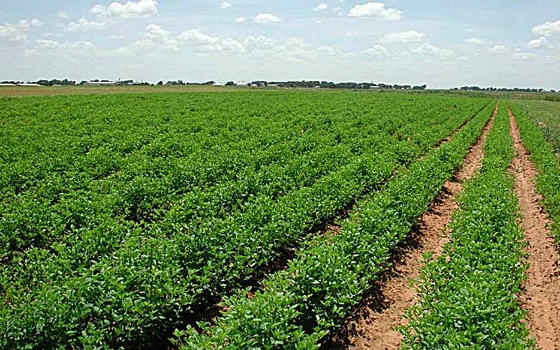With Gulf Cooperation Council (GCC) food imports costing 18 times more than 10 years ago, and water availability set to reach acute levels by 2025, change is needed if the region is to maintain a long term sustainable agricultural system, an expert has said.
Nicholas Lodge, Managing Partner of Clarity, the UAE-based financial consulting firm focusing on investment in food, water and energy said that the cost of food imported into the GCC has increased from $2 billion in 2002 to $36 billion today.
Lodge said that more than 85 per cent of GCC food is currently imported, while natural water resources in the region are expected to reduce by 50 per cent by 2050. "The UAE and Saudi Arabia use around five to six times the amount of water per capita compared to the UK, which has adequate water supplies," said Lodge.
"In the GCC, 80 per cent of the water used is for agriculture, which represents only two to five per cent of the gross domestic product for the entire region and only produces in the range of five to 15 per cent of the food requirements," he further added.
"For a long term sustainable agricultural system the efficient use of water is key and much of the GCC agricultural methods do not reflect the loss of available water resources over the past 50 years. Rather than continue to support these through subsidies and other artificial interference, change is needed," he said.
"This may well result in certain farming activity ceasing in the region. For example, to produce one kilogram of dates can require more than 3,000 liters of water. This water is now likely to be produced artificially using desalination, whereas 20 years ago it was naturally occurring groundwater," added Lodge.
According to International Food Policy Research Institute, 50 million hectares of land (equivalent to twice the size of Britain) in developing countries was acquired, leased or otherwise under negotiation for agricultural purposes in 2010.
Times of Oman
18 March






















































